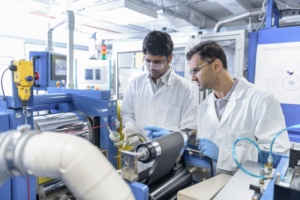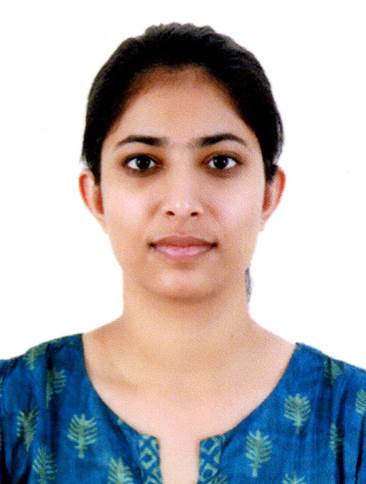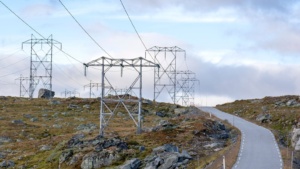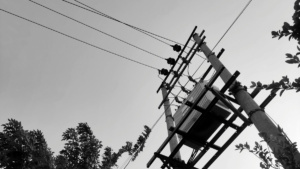FME CINELDI is just about half way through their second year of operations. The level of activities has been high thus far in the Centre’s short life, and the first tertiary report (Jan-Apr) of 2018 shows a lot of activity.
CINELDI pilot projects
The objective of pilot projects in CINELDI is “to test and verify technologies and solutions for the future intelligent electricity distribution, in real environments and to contribute to innovation on the system level of the future electricity distribution.”
A lot of important work has been done towards pilot projects in this reporting period. To name a few, a Smart cable guard for detecting partial discharges in cables has been installed on 6 cable runs in Hafslund’s grid, the first successful test of a new protection scheme and fault localization has been performed in the Smart Grid Lab, and plans for pilot project(s) on digital substations are under development.

All work packages (WP) are delivering satisfying results
The first 2018 tertiary report shows that master and PhD/PD projects are on track in all WPs. Most PhDs/PDs have also attended a communication course to enhance their oral and written communication skills.
Deliverables are being produced at a satisfying rate, and several milestones have been reached in the reporting period. For example, a survey on the utilization of flexible resources in power system operation has been completed in WP3. In WP6, mini scenarios have been adapted and sorted, as well at dimensions spanning the opportunity set for the main scenarios (2040) have been identified.
User partner and industry involvement has been high in the reporting period through numerous workshops and skype meetings. Some of the WPs have also had their first expert group meetings.
We are also pleased that we have been more visible towards the public this tertiary, than we have before. Our first annual report was published in March, and a great effort was made to distribute it as widely as possible. We have also produced several popular science blogs, both from our researchers and a master student. WP4 has also written a conference publication “Prony’s method as a tool for power system identification in Smart Grids”. This was the work of MSc-students and has importance in assessing dynamics in non-linear systems as microgrids with power electric converters. PhD-students will continue the approach.










Comments
No comments yet. Be the first to comment!